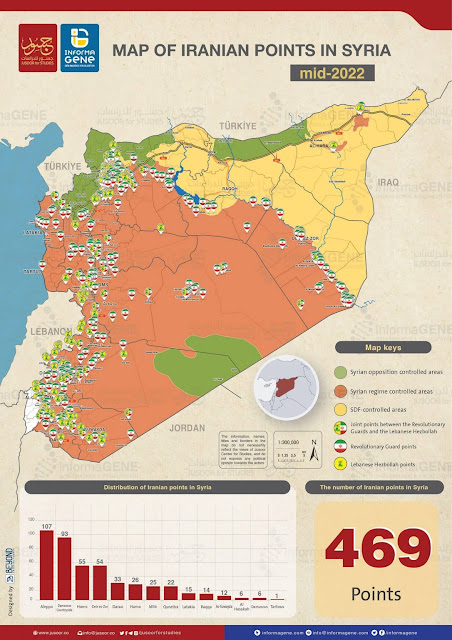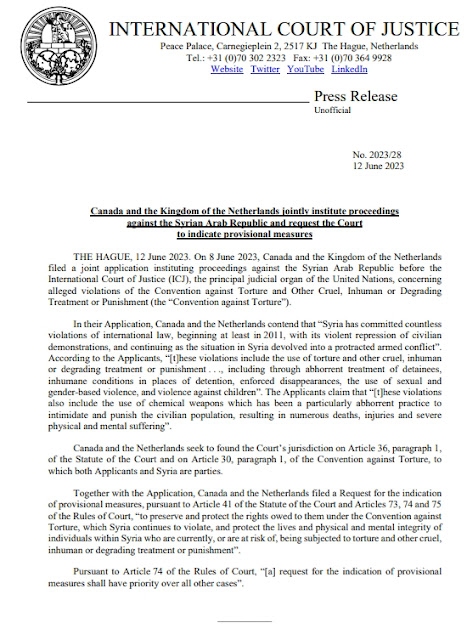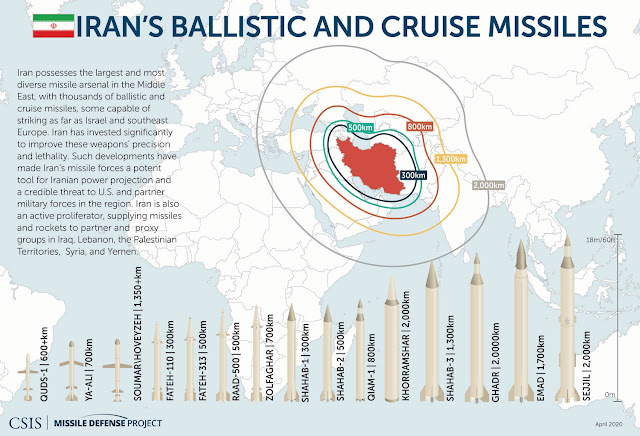Rice Says International Community Opposes Iran's Nuclear Behavior
North Korea showed "businesslike" attitude in recent negotiations, she says
Secretary of State Condoleezza Rice says the international community seems to have reached a “very strong” consensus opposing Iran’s behavior with regard to its nuclear program and its capacity to reprocess and enrich nuclear fuel.
“[W]e expect that the next step will be to work with others to make certain that there are consequences for that behavior. And we believe that the [U.N.] Security Council is a reasonable next step,” Rice said in an interview with the New York Times August 17. The State Department released the transcript of the interview August 22.
Iran recently resumed reprocessing spent nuclear fuel, which it had voluntarily suspended in November 2004 because of international concerns that it was engaged in a secret program to develop nuclear weapons. The resumption drew international outcry, and the International Atomic Energy Agency is planning to deliver a comprehensive report on the matter in early September, Rice said.
Regarding the North Korean nuclear issue, Rice said North Korea cannot be trusted with civilian nuclear power, “given that they turned a research reactor into a nuclear weapons plant.” She said South Korea had made an “attractive” offer to provide North Korea with power generated from non-nuclear energy. She noted that North Korea showed a “businesslike” attitude in recent negotiations but it is unclear whether it has made a strategic decision to cooperate with the international community.
She noted that engaging in multilateral diplomacy, as the United States is doing, to deal with the Iranian and North Korean nuclear issues “takes time.” She said there is international interest “in countries foregoing reprocessing and enrichment and perhaps relying instead on assured fuel supply, maybe even international assured fuel supply.”
On the subject of U.S. relations with China, Rice called the relationship “complex” and said the U.S. goal is to deal with the “downsides” (problems) of the relationship while pressing ahead with the considerable potential for strengthening the relationship. She said the China’s military buildup and trade practices are problems, but China has made constructive contributions in fighting terrorism and dealing with nonproliferation issues, especially with regard to North Korea.
With regard to the Israeli-Palestinian issue, Rice praised Israeli Prime Minister Ariel Sharon for his decision to withdraw Israeli settlers from Gaza and to give the Palestinians the opportunity to “breathe freely” in Gaza and begin to build the institutions for statehood. She said Israel and the Palestinians both have obligations to fulfill in the “road map” peace process. In the Palestinians’ case, that involves controlling terrorism, she said, and in the Israelis’ case, “the continued freeing of Palestinian movement and conditions on the West Bank.”
Commenting on the arrival of Karen Hughes as the under secretary of state for public diplomacy, she a concerted effort will be made to link policy and message.
Hughes and her assistant Dina Powell will set up a “rapid response unit” to deal with misinformation and misinterpretation in the media.
The transcript of Rice’s interview with the New York Times
North Korea showed "businesslike" attitude in recent negotiations, she says
Secretary of State Condoleezza Rice says the international community seems to have reached a “very strong” consensus opposing Iran’s behavior with regard to its nuclear program and its capacity to reprocess and enrich nuclear fuel.
“[W]e expect that the next step will be to work with others to make certain that there are consequences for that behavior. And we believe that the [U.N.] Security Council is a reasonable next step,” Rice said in an interview with the New York Times August 17. The State Department released the transcript of the interview August 22.
Iran recently resumed reprocessing spent nuclear fuel, which it had voluntarily suspended in November 2004 because of international concerns that it was engaged in a secret program to develop nuclear weapons. The resumption drew international outcry, and the International Atomic Energy Agency is planning to deliver a comprehensive report on the matter in early September, Rice said.
Regarding the North Korean nuclear issue, Rice said North Korea cannot be trusted with civilian nuclear power, “given that they turned a research reactor into a nuclear weapons plant.” She said South Korea had made an “attractive” offer to provide North Korea with power generated from non-nuclear energy. She noted that North Korea showed a “businesslike” attitude in recent negotiations but it is unclear whether it has made a strategic decision to cooperate with the international community.
She noted that engaging in multilateral diplomacy, as the United States is doing, to deal with the Iranian and North Korean nuclear issues “takes time.” She said there is international interest “in countries foregoing reprocessing and enrichment and perhaps relying instead on assured fuel supply, maybe even international assured fuel supply.”
On the subject of U.S. relations with China, Rice called the relationship “complex” and said the U.S. goal is to deal with the “downsides” (problems) of the relationship while pressing ahead with the considerable potential for strengthening the relationship. She said the China’s military buildup and trade practices are problems, but China has made constructive contributions in fighting terrorism and dealing with nonproliferation issues, especially with regard to North Korea.
With regard to the Israeli-Palestinian issue, Rice praised Israeli Prime Minister Ariel Sharon for his decision to withdraw Israeli settlers from Gaza and to give the Palestinians the opportunity to “breathe freely” in Gaza and begin to build the institutions for statehood. She said Israel and the Palestinians both have obligations to fulfill in the “road map” peace process. In the Palestinians’ case, that involves controlling terrorism, she said, and in the Israelis’ case, “the continued freeing of Palestinian movement and conditions on the West Bank.”
Commenting on the arrival of Karen Hughes as the under secretary of state for public diplomacy, she a concerted effort will be made to link policy and message.
Hughes and her assistant Dina Powell will set up a “rapid response unit” to deal with misinformation and misinterpretation in the media.
The transcript of Rice’s interview with the New York Times


